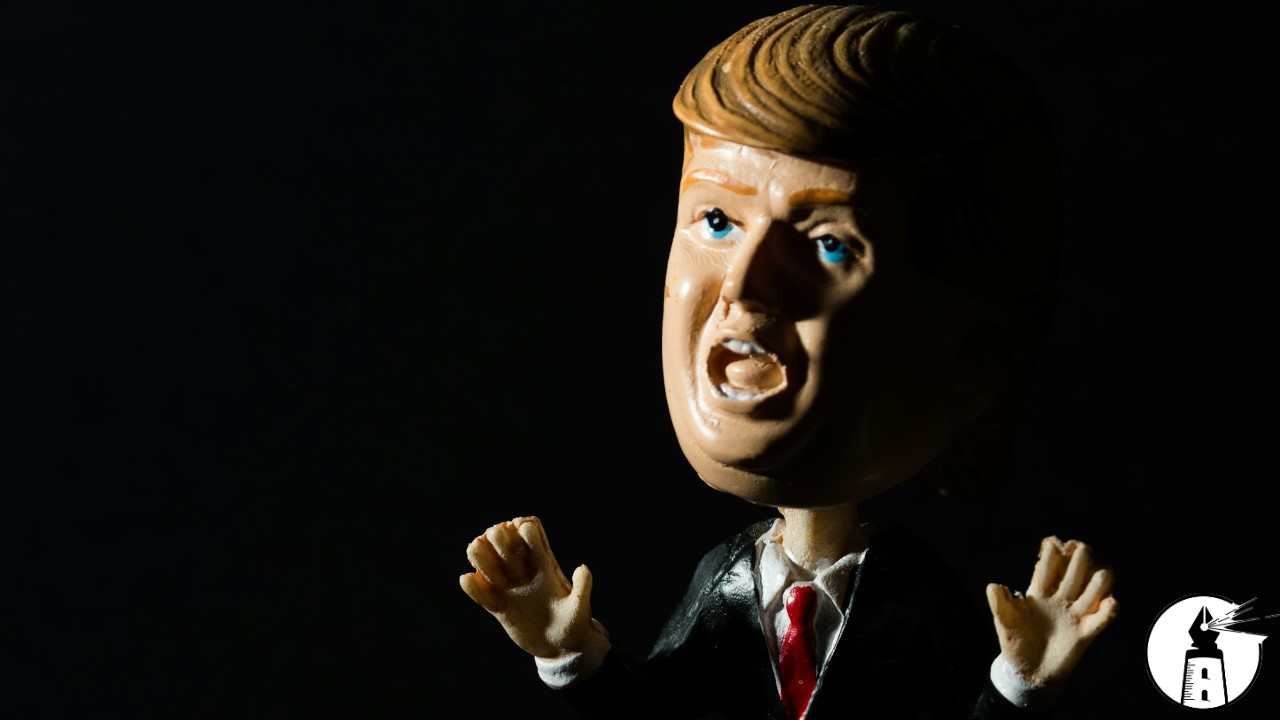The recent arrest of Sean “Diddy” Combs on federal sex-trafficking charges has shocked the public and the entertainment world. As one of hip-hop’s most influential figures, Diddy’s legal troubles have grabbed headlines, with allegations that he used his power, wealth, and influence to create a secretive world of exploitation and abuse. While the case against Diddy is still unfolding, it’s important to acknowledge that human trafficking isn’t just a crime committed by celebrities or confined to the rich and famous. It’s a pervasive issue that affects countless individuals across the globe, often in the shadows.
Diddy’s Arrest: What We Know
Diddy’s arrest marks a turning point in a case that has been brewing for months, with public allegations and federal investigations culminating in his detention without bail. He faces serious charges of racketeering conspiracy and sex trafficking, with accusations that he coerced women into performing drug-fueled sexual acts in events dubbed “Freak Offs.” These events allegedly involved violence, control, and manipulation, with employees helping to cover up his actions. If convicted, Diddy could face a minimum of 15 years in prison, potentially serving a life sentence.
But this case isn’t just about the downfall of a music mogul. It’s part of a much larger issue, human trafficking is a crime that affects people across all social and economic backgrounds.
The Broader Reality of Human Trafficking
While high-profile cases like Diddy’s attract media attention, human trafficking is a widespread crime that knows no boundaries. It happens in cities and towns, both large and small, across the world. Victims of human trafficking can be found in plain sight, whether they are forced into labor, coerced into sexual exploitation, or manipulated into servitude.
Human trafficking is often misunderstood as something that only happens in far-flung places or within isolated communities. The reality is that traffickers prey on vulnerability, whether it’s economic hardship, social isolation, or emotional dependency. Traffickers may lure their victims with false promises of jobs, relationships, or a better life, only to trap them in a cycle of exploitation that is difficult to escape.
The Diddy case reflects some common tactics used by traffickers: control through coercion, violence, and manipulation, combined with efforts to silence victims through fear or bribery. This pattern is not unique to the rich and powerful, it happens to everyday people, many of whom suffer in silence because they fear retaliation, stigma, or feel they have no one to turn to.
Human Trafficking in Everyday Life
For every celebrity scandal, there are thousands of untold stories of human trafficking victims whose names will never make the headlines. From individuals forced into labor in agriculture or domestic work to young people trafficked through social media for sex work, human trafficking is an epidemic that affects every corner of society.
Victims often don’t recognize their own exploitation, especially when traffickers use psychological coercion rather than physical restraint. Traffickers might groom their victims over time, build false relationships, or trap them with financial dependence. Even after escaping, many victims struggle to rebuild their lives, haunted by the trauma and stigma of their experiences.
Trafficking is a complex, global issue that requires a multi-faceted response, including support for survivors, education to prevent exploitation, and holding perpetrators accountable.
Fighting Back Against Human Trafficking
It’s important to remember that human trafficking isn’t a crime committed by faceless entities or celebrity figures alone. It’s a crime that thrives in the hidden corners of society, often undetected by authorities and unreported by victims. The arrest of Sean “Diddy” Combs serves as a reminder that power and privilege can be used for nefarious purposes, but it also highlights the need to look beyond sensational headlines and recognize the everyday reality of trafficking.
To combat human trafficking, we need to raise awareness about the signs of exploitation, empower survivors with support and resources, and ensure that traffickers face justice regardless of their social standing.
If you or someone you know may be a victim of human trafficking, there are organizations that can help. The National Human Trafficking Hotline (1-888-373-7888) is available 24/7 to offer assistance and guidance. Ending human trafficking requires all of us to educate ourselves, and speak up for those who cannot.
—By Greg Collier



